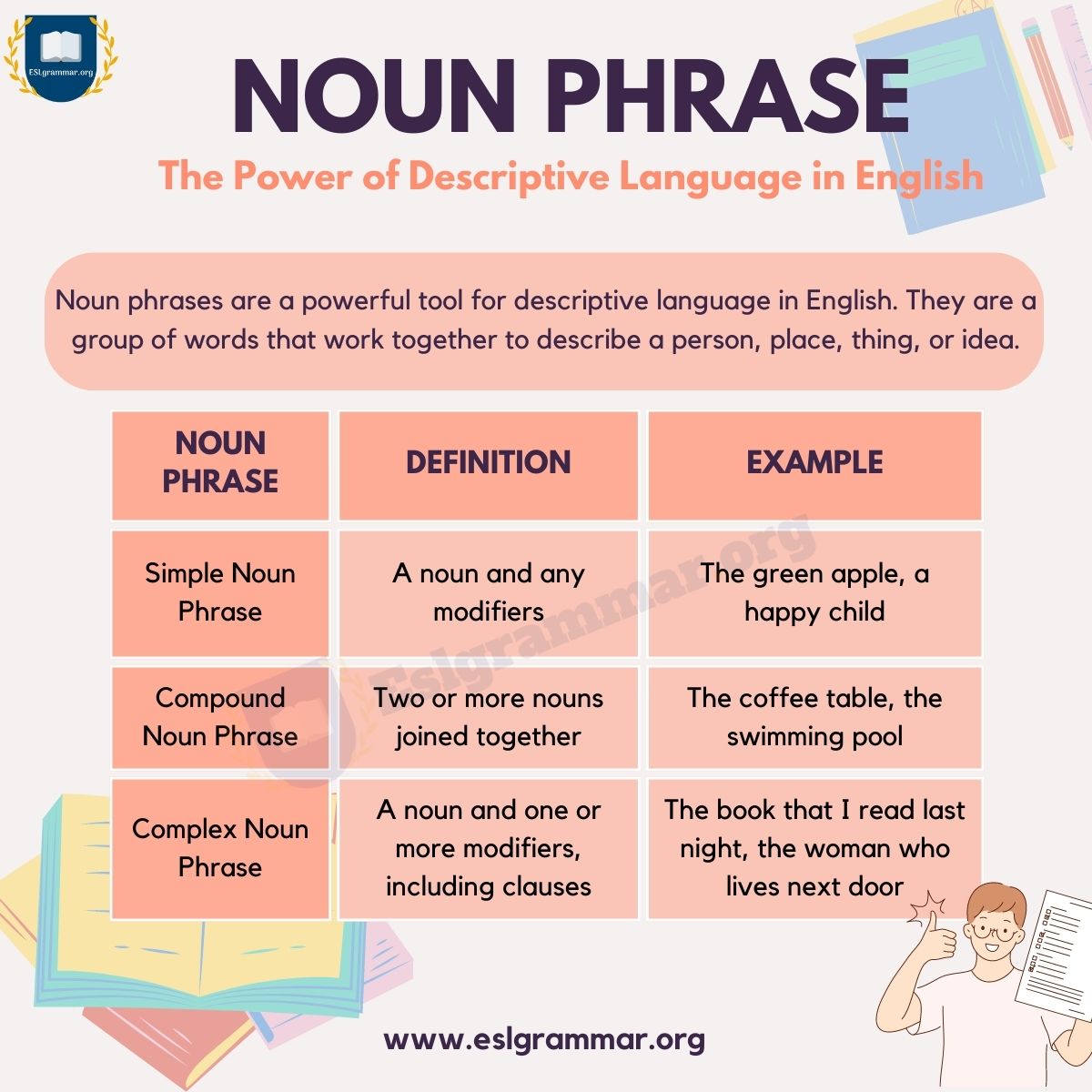Voepass Plane Technology and Operations

Voepass planes represent a significant advancement in aviation technology, utilizing innovative solutions to enhance efficiency, safety, and environmental sustainability. This section delves into the technological underpinnings of Voepass planes, the rigorous safety measures implemented, and the environmental benefits they offer compared to traditional aircraft.
Technology Behind Voepass Planes
Voepass planes are designed with a focus on efficiency and sustainability. They incorporate advanced technologies such as:
- Electric Propulsion: Voepass planes primarily utilize electric motors for propulsion, significantly reducing fuel consumption and greenhouse gas emissions. These motors are powered by high-capacity batteries, enabling silent and efficient flight.
- Lightweight Materials: The construction of Voepass planes incorporates lightweight materials like carbon fiber composites, reducing overall weight and improving fuel efficiency. These materials are also highly durable and resistant to corrosion.
- Aerodynamic Optimization: The design of Voepass planes prioritizes aerodynamic efficiency. This includes optimized wing shapes and streamlined fuselages to minimize drag and maximize lift, further contributing to fuel savings.
- Advanced Avionics: Voepass planes are equipped with advanced avionics systems that enhance flight safety and efficiency. These systems include automated flight control, real-time monitoring of aircraft performance, and communication capabilities for seamless ground support.
Safety Measures and Regulations, Voepass plane
Safety is paramount in the operation of Voepass planes. To ensure the highest safety standards, Voepass planes are subject to rigorous safety measures and regulations, including:
- Comprehensive Testing and Certification: Before entering service, Voepass planes undergo extensive testing and certification by aviation authorities to ensure compliance with international safety standards. These tests include flight simulations, structural integrity assessments, and rigorous performance evaluations.
- Redundant Systems: Voepass planes are equipped with redundant systems for critical functions, such as flight control and power generation. This redundancy ensures that the aircraft can safely operate even in the event of a failure in one system.
- Pilot Training and Qualification: Pilots operating Voepass planes undergo specialized training programs that equip them with the knowledge and skills necessary to safely operate these aircraft. This training includes familiarization with the aircraft’s unique technology and procedures, as well as emergency response protocols.
- Regular Maintenance and Inspections: Voepass planes are subject to strict maintenance schedules and regular inspections to ensure their continued airworthiness. These inspections cover all aspects of the aircraft, from its structural integrity to its electrical systems and avionics.
Environmental Impact
Voepass planes offer a significant reduction in environmental impact compared to traditional aircraft. Key advantages include:
- Reduced Greenhouse Gas Emissions: Electric propulsion eliminates the need for fossil fuels, drastically reducing greenhouse gas emissions associated with traditional aircraft. This contributes to mitigating climate change and improving air quality.
- Lower Noise Pollution: Electric motors generate significantly less noise than conventional jet engines, reducing noise pollution around airports and in flight paths. This improves the quality of life for communities near airports.
- Sustainable Operations: Voepass planes are designed for sustainable operations, with features such as efficient energy management systems and the use of recyclable materials. These factors contribute to minimizing the environmental footprint of air travel.
Booking and Flight Process
The booking and flight process for Voepass planes is designed to be convenient and user-friendly. The process typically involves the following steps:
- Online Booking: Passengers can book their flights online through the Voepass website or authorized travel agents. The booking platform provides a user-friendly interface for selecting flight routes, dates, and passenger details.
- Flight Confirmation and Boarding Pass: Once the booking is complete, passengers receive a confirmation email with their flight details and a digital boarding pass. This boarding pass can be presented on a mobile device or printed for easy access at the airport.
- Airport Check-in: Passengers can check in at the designated Voepass counter at the airport. Alternatively, they can use self-service kiosks for faster check-in. Baggage can be checked in at the counter or using designated drop-off points.
- Boarding and Flight: Passengers proceed to the boarding gate at the designated time. Upon boarding, flight attendants provide safety instructions and ensure passengers are comfortably seated. The flight is operated by experienced pilots using advanced avionics systems for a smooth and efficient journey.
- Arrival and Baggage Claim: Upon arrival at the destination, passengers disembark the aircraft and proceed to the baggage claim area to retrieve their checked luggage. They can then exit the airport and continue their journey.
The Future of Voepass Planes

The Voepass plane, with its unique design and innovative technology, is poised to revolutionize air travel. As the technology continues to evolve, we can expect to see significant advancements that will further enhance its capabilities and impact the future of aviation.
Advancements in Voepass Plane Technology
The future of Voepass planes holds exciting possibilities for technological advancements. These innovations are expected to improve efficiency, safety, and sustainability, transforming the air travel experience.
- Improved Propulsion Systems: Research and development efforts are focused on developing more efficient and sustainable propulsion systems. This could involve advancements in electric propulsion, hybrid-electric systems, or advanced fuel technologies. These innovations would significantly reduce fuel consumption and emissions, making Voepass planes more environmentally friendly.
- Enhanced Automation and Artificial Intelligence: The integration of advanced automation and artificial intelligence (AI) systems is expected to play a crucial role in the future of Voepass planes. These systems can improve safety by automating tasks such as flight control, navigation, and collision avoidance. AI can also optimize flight paths, reducing travel time and fuel consumption.
- Advanced Materials and Lightweight Design: The use of advanced materials, such as composites and lightweight alloys, will continue to drive innovation in Voepass plane design. These materials can reduce weight, improve fuel efficiency, and enhance structural integrity, making the planes more durable and sustainable.
- Integration of Advanced Sensors and Data Analytics: Voepass planes will be equipped with a network of advanced sensors to collect real-time data on various aspects of the aircraft’s performance. This data can be analyzed using sophisticated algorithms to optimize flight operations, predict maintenance needs, and improve safety.
The Role of Voepass Planes in Shaping the Future of Air Travel
Voepass planes are expected to play a transformative role in shaping the future of air travel, offering several advantages over traditional aircraft.
- Increased Accessibility and Affordability: Voepass planes, with their smaller size and lower operating costs, can provide more accessible and affordable air travel options, especially for regional and short-haul routes. This could significantly expand the reach of air travel, connecting more communities and fostering economic growth.
- Improved Efficiency and Sustainability: The innovative technologies incorporated in Voepass planes, such as advanced propulsion systems and lightweight materials, contribute to their improved efficiency and reduced environmental impact. This makes them a more sustainable option for air travel, aligning with the growing global focus on reducing carbon emissions.
- Enhanced Passenger Experience: Voepass planes can offer a more personalized and comfortable passenger experience. Their smaller size can create a more intimate and less crowded environment, while advanced features like noise reduction technology and larger windows can enhance passenger comfort.
- Flexibility and Adaptability: The modular design of Voepass planes allows for customization and adaptability to meet specific needs. They can be configured for various purposes, such as passenger transport, cargo delivery, or even emergency response. This versatility makes them valuable assets in diverse industries.
Emerging Trends and Challenges in the Voepass Plane Industry
The Voepass plane industry is facing several emerging trends and challenges that will shape its future.
- Regulatory Framework: The development and deployment of Voepass planes require a clear and comprehensive regulatory framework that addresses safety, environmental impact, and airspace integration. Governments and aviation authorities are working to establish appropriate regulations that ensure the safe and efficient operation of these innovative aircraft.
- Infrastructure Development: The widespread adoption of Voepass planes will necessitate the development of supporting infrastructure, such as charging stations for electric or hybrid-electric planes, maintenance facilities, and specialized airports. This infrastructure development will be crucial for the smooth integration of Voepass planes into the existing air travel system.
- Public Acceptance and Awareness: Public acceptance and awareness of Voepass planes are crucial for their successful adoption. Educating the public about the benefits and safety of these aircraft is essential to overcome any potential apprehension or skepticism.
- Competition and Market Dynamics: The Voepass plane industry is facing competition from traditional aircraft manufacturers and emerging players in the electric and hybrid-electric aviation sectors. Navigating this competitive landscape and establishing a strong market position will be essential for the success of Voepass plane manufacturers.
Timeline for the Growth and Adoption of Voepass Planes
The adoption of Voepass planes is expected to follow a gradual but steady trajectory, with significant growth projected in the coming years.
- Near-Term (2025-2030): Initial deployments of Voepass planes are expected to focus on short-haul routes and regional air travel. This phase will involve pilot projects and demonstration flights to validate the technology and gather operational data.
- Mid-Term (2030-2040): The adoption of Voepass planes is expected to accelerate as manufacturers refine their designs, improve production capabilities, and address regulatory requirements. This period will witness the expansion of Voepass plane operations to more routes and destinations.
- Long-Term (2040 onwards): Voepass planes are projected to become a significant segment of the air travel market, with widespread adoption across various sectors, including passenger transport, cargo delivery, and specialized applications. The technology is expected to mature further, leading to increased efficiency, safety, and sustainability.
Ever dreamt of soaring above the clouds in a Voepass plane? Imagine taking off from São Paulo, Brazil, a city that’s a whirlwind of contrasts and opportunity, a place where skyscrapers kiss the sky , and then cruising towards your next adventure.
Whether you’re a seasoned traveler or a first-time flyer, a Voepass journey promises to be an unforgettable experience.
Voepass planes, known for their punctuality (sometimes even exceeding it!), are a testament to Brazilian aviation’s resilience. But even the most reliable planes can encounter unforeseen circumstances, and understanding the brazil plane crash type s is crucial for learning from the past and ensuring future safety.
So, next time you board a Voepass, rest assured that their safety record is as impressive as their on-time performance (most of the time, at least!).
